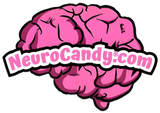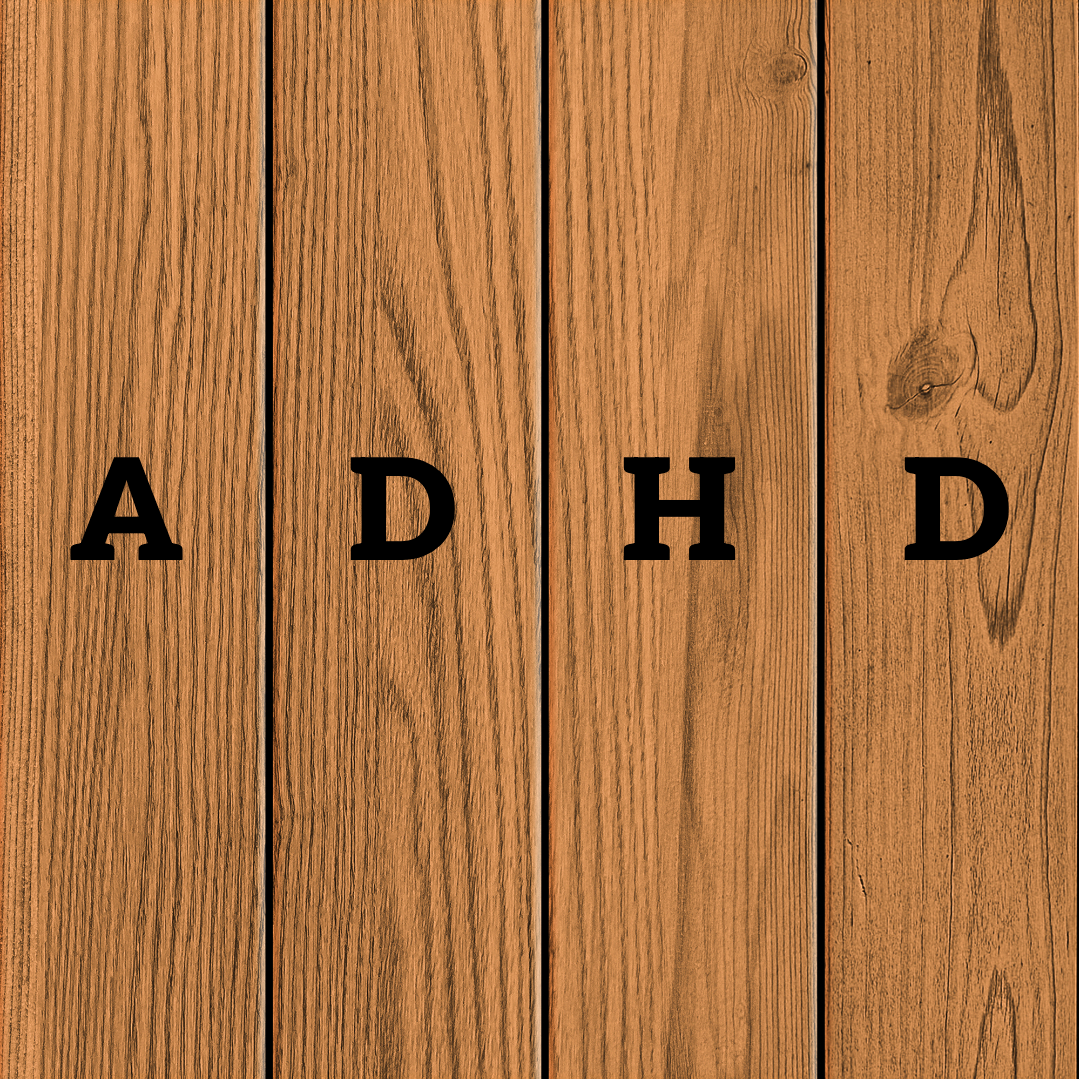ADHD (Attention Deficit Hyperactivity Disorder) is a neurodevelopmental disorder that affects both children and adults, characterized by symptoms of inattention, hyperactivity, and impulsivity. It impacts a person's ability to focus, manage tasks, and control impulses, often leading to difficulties in academic, professional, and social environments.
Key Characteristics:
-
Inattention: Difficulty sustaining attention, being easily distracted, struggling with organization, and avoiding tasks that require mental effort.
-
Hyperactivity: Fidgeting, difficulty sitting still, talking excessively, or always being "on the go." Hyperactivity is more noticeable in children but may present differently in adults (e.g., restlessness).
-
Impulsivity: Acting without thinking, interrupting others, making hasty decisions, or having difficulty waiting for turns.
Types of ADHD:
- Predominantly Inattentive Presentation: The primary symptoms involve inattention and distractibility, without significant hyperactivity.
- Predominantly Hyperactive-Impulsive Presentation: Hyperactivity and impulsivity are the main symptoms, with less attention-related issues.
- Combined Presentation: A mix of inattentive and hyperactive-impulsive symptoms, which is the most common form.
Diagnosis:
ADHD is typically diagnosed based on behavioral assessments, medical history, and sometimes feedback from teachers or employers. Symptoms must be present for at least six months and cause impairment in multiple settings (e.g., home, school, work).
Treatment:
- Medication: Stimulants like methylphenidate (Ritalin) and amphetamines (Adderall) are common treatments that help increase focus and control impulsive behaviors. Non-stimulant medications are also available.
- Behavioral Therapy: Cognitive-behavioral therapy (CBT) and other therapeutic approaches can help manage symptoms, develop coping strategies, and improve daily functioning.
- Lifestyle Adjustments: Exercise, sleep regulation, structured routines, and breaking tasks into manageable steps can help those with ADHD better manage their day-to-day responsibilities.
ADHD affects around 5-10% of children, and while many may outgrow some symptoms, it often continues into adulthood for a significant number of individuals.

